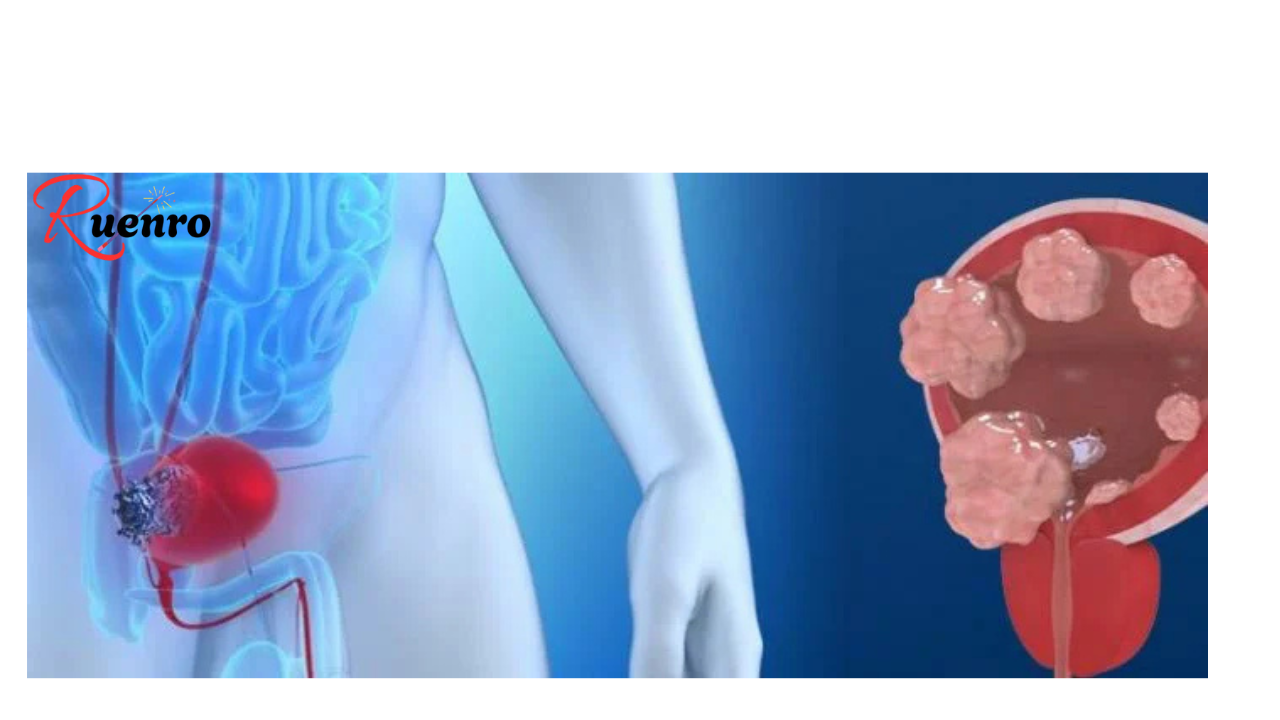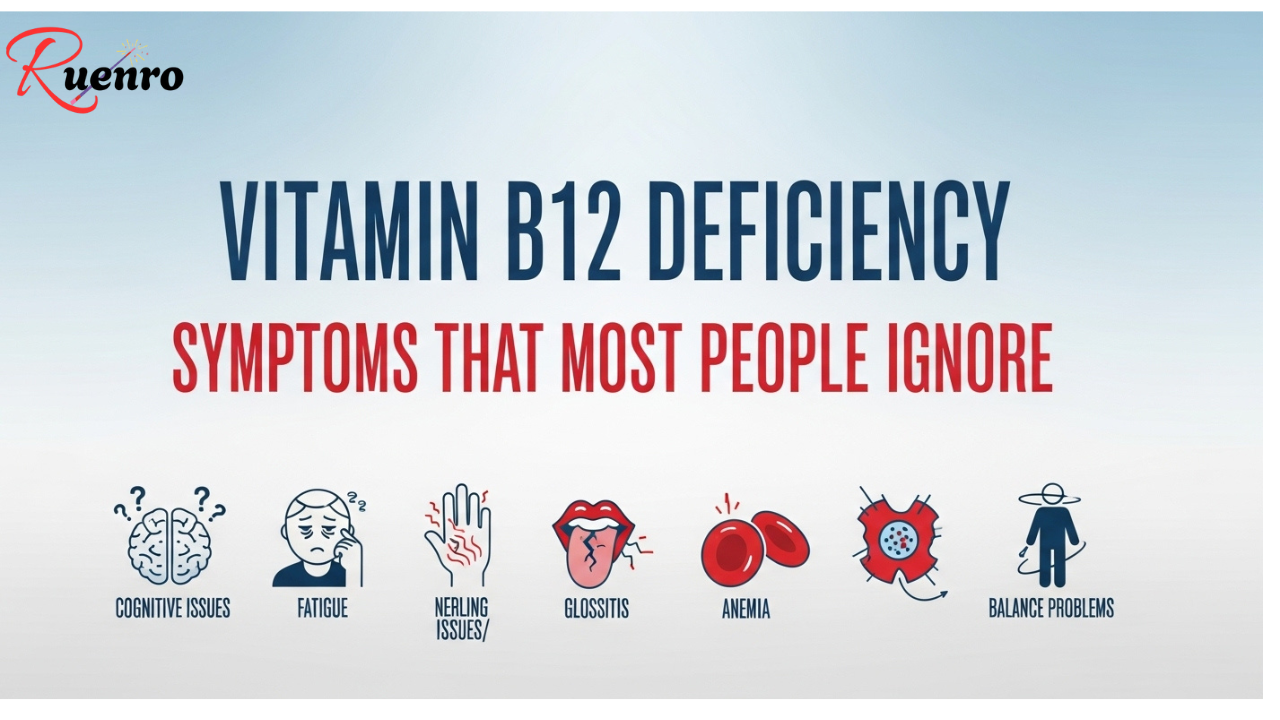Your liver is one of the hardest-working organs in your body. It filters your blood, breaks down fats, stores essential nutrients, and removes harmful toxins from everything you eat, drink, and breathe. But when your liver becomes overloaded with toxins — from poor diet, alcohol, medications, or environmental pollution — it can’t perform these vital functions efficiently.
An overworked liver doesn’t always cause pain or obvious symptoms at first. However, your body often sends subtle warning signs that something isn’t right. Recognizing these signs early can help you take action before serious damage occurs.
Here are 6 important warning signs that may indicate your liver is full of toxins and struggling to do its job properly.
1. 😴 Constant Fatigue and Low Energy
Feeling tired all the time, even after a full night’s sleep? That could be your liver asking for help.
When your liver is burdened with toxins, it has to work harder to filter your blood. This extra effort drains your energy levels, leaving you feeling exhausted, sluggish, or foggy throughout the day.
Common signs include:
- Chronic tiredness or weakness
- Lack of motivation
- Difficulty concentrating (“brain fog”)
- Muscle aches or joint pain
🩺 Why it happens: The liver plays a key role in converting food into energy. When it’s overloaded, this process slows down — meaning less energy is available for your body and brain.
What you can do:
- Get 7–8 hours of sleep each night
- Stay hydrated
- Reduce alcohol, processed foods, and sugar
- Eat liver-friendly foods like beets, garlic, and leafy greens
2. 😣 Digestive Problems and Bloating
Your liver works closely with your digestive system — especially in breaking down fats and eliminating waste. If it’s full of toxins, you may notice bloating, constipation, gas, or indigestion.
A sluggish liver can also produce less bile, a digestive fluid that helps break down fats. Without enough bile, food isn’t digested properly, leading to discomfort after eating.
Watch for:
- Feeling bloated after meals
- Nausea or heartburn
- Loss of appetite
- Pale or greasy stools
Why it happens: Toxin buildup slows bile production and disrupts gut balance, which can also lead to constipation and nutrient absorption problems.
What to do:
- Drink warm lemon water each morning to stimulate bile flow
- Add fiber-rich foods like oats, fruits, and vegetables
- Avoid fried and processed foods
- Try gentle abdominal massages to support digestion
3. 🧖♀️ Skin Problems and Itching
Your skin reflects your internal health — and when your liver is full of toxins, it often shows.
When toxins aren’t efficiently removed through the liver, they can build up in your bloodstream and surface through your skin. This can lead to itchiness, acne, rashes, eczema, or dull skin tone.
Look out for:
- Persistent itching (especially on the palms and soles)
- Unexplained rashes or redness
- Yellowish or dull complexion
- Dry, flaky, or inflamed skin
Why it happens: Excess bile salts and toxins circulate in the bloodstream, irritating nerve endings in the skin.
What to do:
- Stay hydrated and use gentle, natural skin care products
- Eat antioxidant-rich foods (berries, turmeric, citrus fruits)
- Avoid alcohol and caffeine, which dehydrate the body
- Include foods like carrots, spinach, and avocados to support detoxification
4. 🩸 Unexplained Weight Gain or Difficulty Losing Weight
If you’re eating healthy and staying active but can’t seem to lose weight — or you’re gaining weight for no clear reason — your liver could be the culprit.
The liver helps regulate fat metabolism and produces bile to break down dietary fats. When it’s overloaded with toxins, fat processing slows down, and your body begins to store fat — especially around the abdomen.
Warning signs:
- Sudden belly fat or bloating
- Sugar cravings
- Slow metabolism
- Insulin resistance or elevated blood sugar
Why it happens: Toxins (especially from alcohol, processed foods, and environmental chemicals) disrupt hormone balance and the liver’s ability to metabolize fat efficiently.
What to do:
- Eat smaller, more balanced meals
- Limit refined carbs, sugar, and alcohol
- Include “liver-loving” foods like turmeric, green tea, and cruciferous vegetables (broccoli, kale, cabbage)
- Stay physically active — exercise helps flush toxins through sweat
5. 🤢 Nausea, Bad Breath, and Body Odor
If you’re frequently nauseous, have a bitter taste in your mouth, or notice unpleasant body odor even after bathing — your liver might not be detoxifying properly.
When your liver can’t keep up, toxins begin to circulate in your blood and affect digestion and body odor. You may also notice bad breath (halitosis) even with good oral hygiene.
Warning signs:
- Metallic or bitter taste in the mouth
- Nausea after fatty meals
- Persistent bad breath
- Strong body odor
Why it happens: Excess ammonia and sulfur compounds build up in your body when your liver can’t eliminate them effectively.
What to do:
- Stay hydrated and eat fresh, clean foods
- Drink herbal teas like dandelion root or milk thistle
- Chew parsley or mint to neutralize odors
- Avoid alcohol and high-fat foods that strain the liver
6. 😩 Mood Swings and Brain Fog
Your liver doesn’t just affect your body — it affects your mood and mental clarity too.
When toxins accumulate, they can interfere with brain chemistry and energy levels, leading to irritability, anxiety, poor focus, and even depression.
Look for:
- Difficulty concentrating
- Memory problems
- Feeling anxious or overwhelmed
- Mood swings or irritability
Why it happens: A toxic liver allows harmful substances like ammonia to reach the brain, disrupting neurotransmitters that regulate mood and cognition.
What to do:
- Get enough sleep and manage stress
- Eat omega-3-rich foods (salmon, walnuts, flaxseeds)
- Practice deep breathing or meditation
- Support your liver with herbal supplements (consult your doctor first)
🧬 What Causes Liver Toxin Buildup?
Your liver filters everything you consume — but modern lifestyles often overload it. Common causes include:
- Excessive alcohol consumption
- Processed and fried foods
- High sugar intake
- Environmental pollutants
- Certain medications (painkillers, antibiotics, etc.)
- Lack of exercise and hydration
Over time, these habits can lead to fatty liver, inflammation, or scarring (cirrhosis) — all of which impair the liver’s detoxifying power.
🌿 How to Naturally Support Liver Detox
The good news: your liver has an incredible ability to heal itself — if you give it the right support.
Try these simple habits:
✅ Drink plenty of water and herbal teas (like dandelion, ginger, or green tea)
✅ Eat high-fiber, whole foods
✅ Add antioxidant-rich foods like berries, garlic, and turmeric
✅ Limit alcohol and processed foods
✅ Exercise regularly to promote circulation
✅ Get enough sleep to allow nighttime detoxification
💬 Final Thoughts
Your liver silently works 24/7 to keep your body clean and balanced — but even the hardest-working organ needs a break.
If you’re experiencing chronic fatigue, digestive issues, skin problems, or mood changes, don’t ignore them. These could be early signs that your liver is overloaded with toxins and needs support.
By making small, consistent changes — like eating cleaner, staying hydrated, and cutting back on alcohol — you can help your liver regenerate and restore its natural balance.
Remember: a healthy liver means a healthier, more energetic you.




Leave a Comment